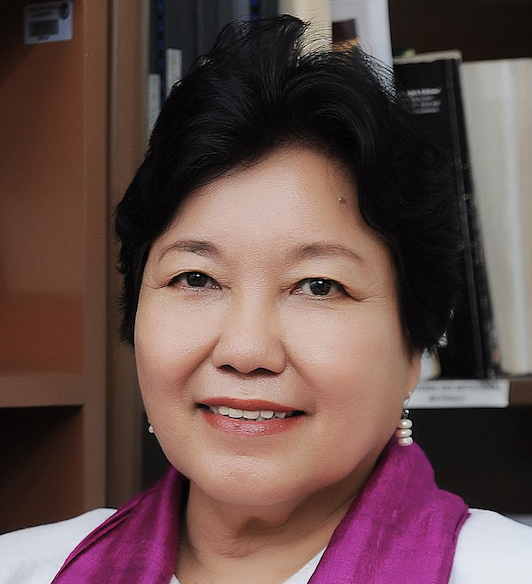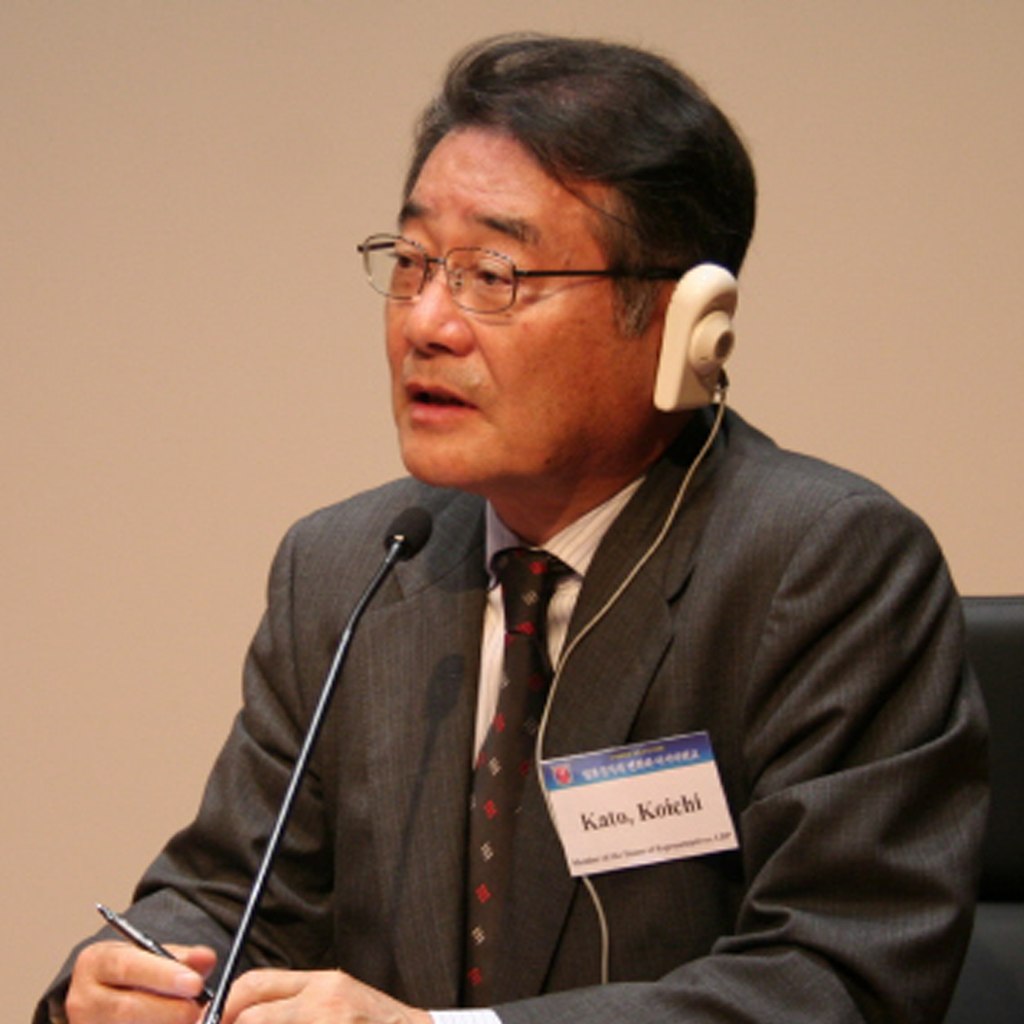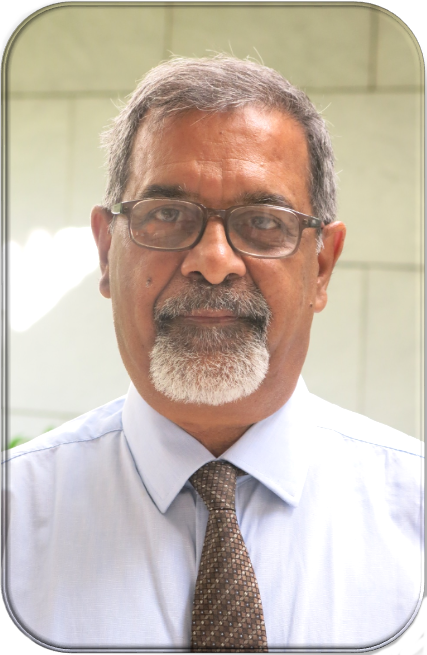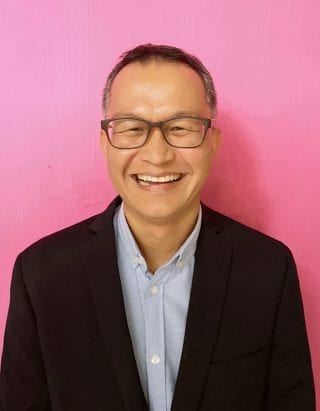
Professor Emma E. Porio
Ateneo de Manila University, International Sociological Association (ISA), DRR Research Group, International Council of Science (ICSU)
She attempted to interlink urbanization development and the sphere of social science. She emphasized the challenge of analysis of social-ecological, political-economic and developmental systems on climate risks and disasters and frameworks, it thus demands that decision-making frameworks and governance systems to be recast. To illustrate her method of bridging the works of science and social science, she introduced a 5-year project called Costal Cities at Risk (CCaR) concentrating on the social sector, which is crafted by an intersectional analysis with the premise of producing an accurate social vulnerability profile for coastal cities in the Philippines. It is consequently found that systems thinking and interdisciplinary endeavors are of essential paramount in fostering better urban resilience and management.

Mr. Kato Koichi
President, Seikatsu Consumer's Cooperative, Japan, Recipient of The Right Livelihood Award
He introduced the club's core principles entitled 10 Ways We Think and Act and its success in the collaboration between members (consumers) and producers in determining their consumption as well as solving social and environmental issues such as energy shortage through collective purchase. Simultaneously, different exemplary cases were presented to draw an overall perspective on how the club constructs systems that further enhance the quality of the members' life.

Professor Lawrence Surendra
Chairman at The Sustainability Platform, India
He referred to his collaboration with ESCAP on the topic of integrating the three dimensions of sustainable development: society, economy, and environment. In this case, he proposed that systems thinking and qualitative scenario thinking are among the methods to achieve sustainable development. Additionally, he introduced the Four Capitals Model including manufactured or man-made capital, natural or environmental capital, human capital, and social capital. Given that these four capitals are in the state of equilibrium, the society will hypothetically reach the sustainable condition.


